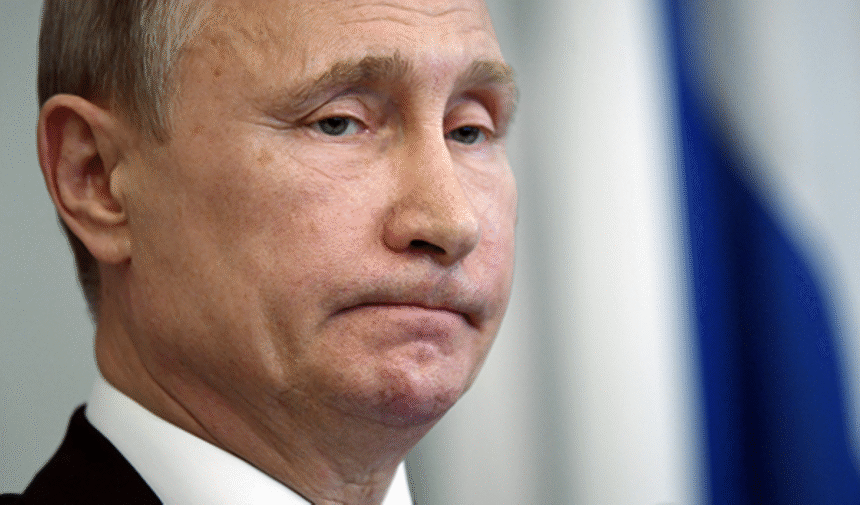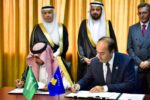In a dramatic escalation of diplomatic maneuvering, Russian President Vladimir Putin has outlined five conditions for ending the war in Ukraine, demanding written guarantees from Western leaders to halt NATO’s eastward expansion and lift certain economic sanctions, according to three Russian sources familiar with the negotiations.
The proposal comes amid growing global pressure for a resolution to what has become Europe’s deadliest conflict since World War II. Despite calls for peace, Putin appears unwilling to compromise on Russia’s core strategic demands.
Putin’s Demands for Peace
According to sources close to Kremlin leadership, Putin’s five conditions include:
- Written commitment from Western powers to stop NATO expansion toward Eastern Europe.
- Ukrainian neutrality, meaning Ukraine would be barred from joining NATO.
- Partial lifting of Western sanctions on Russia.
- Unfreezing of Russian assets held in the West.
- Protection of Russian-speaking minorities in Ukraine.
“Putin is ready for peace, but not at any cost,” one of the sources said, speaking anonymously due to the sensitivity of the issue.
The Kremlin is reportedly drafting its version of a peace memorandum, following a two-hour conversation between Putin and former U.S. President Donald Trump last week. Putin stated that the goal is to establish a clear framework for a ceasefire agreement. However, no official timeline for the proposal has been disclosed.
Western and Ukrainian Reactions
The Ukrainian government has rejected the idea of giving Russia veto power over its NATO ambitions, insisting on firm security guarantees from the West to prevent future aggression.
Western leaders, particularly in Washington and London, have expressed skepticism. NATO has reiterated that it will not abandon its “open-door” policy under pressure from Moscow.
While Russia currently controls nearly one-fifth of Ukrainian territory, military gains in the east have prompted renewed scrutiny over Putin’s intentions and tactics. Trump, once seen as sympathetic to Putin, reportedly warned the Russian leader that he is “playing with fire” by refusing ceasefire talks while Russian forces advance.
As tensions remain high, the future of Europe’s security architecture could hinge on how Western allies respond to Moscow’s firm — and controversial — demands.







